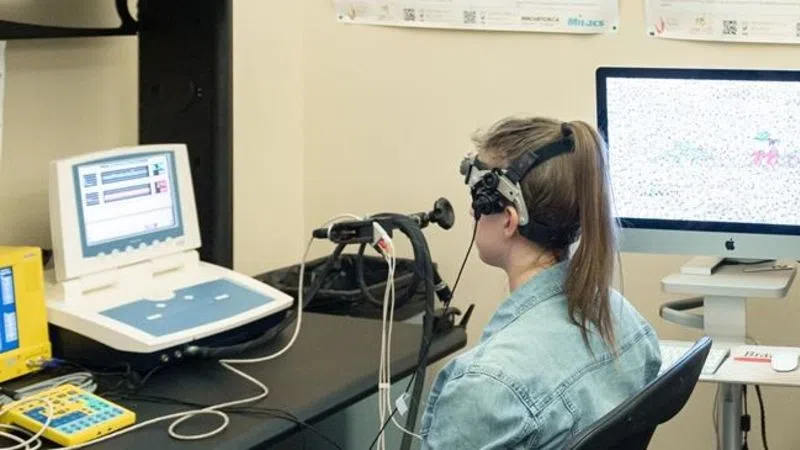
Brain injury from domestic abuse a ‘public health crisis,’ says B.C. researcher
VANCOUVER — A British Columbia mother in her late 30s says there was “no support in sight” after she suffered two serious blows to the head at the hands of different partners more than a decade ago.
“I was exhausted. I had to quit my job because I couldn’t get up,” said the woman, whose name is not being used because she is separated from her child’s father and fears for her family’s safety.
“My head hurt so badly. I wasn’t able to focus. I felt really down on myself because I didn’t know why I couldn’t function properly.”
The mother said it would have been “life changing” if first responders, hospital staff and even family members had been aware of the effects of a potential brain injury from domestic violence and offered her support accordingly.


